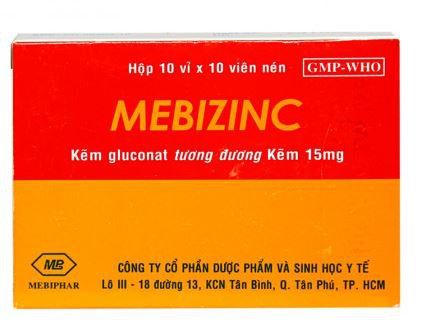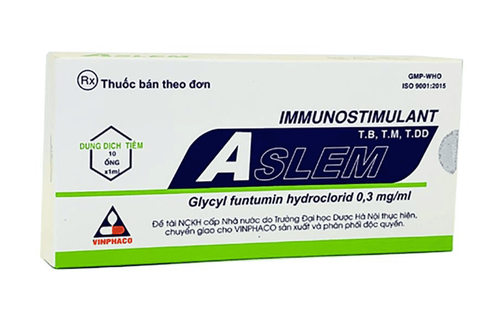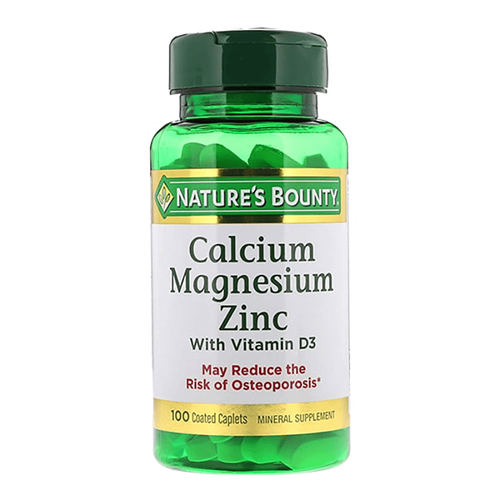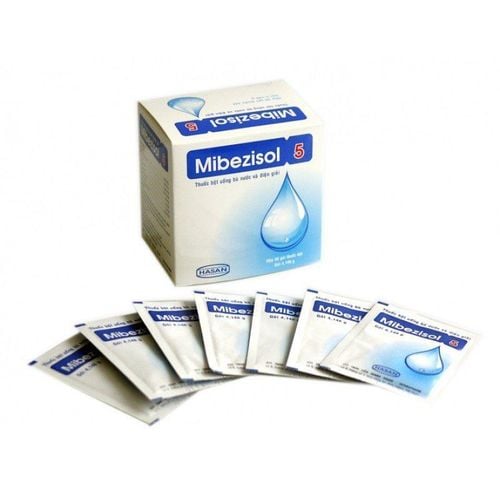This is an automatically translated article.
The article was professionally consulted by Specialist Doctor II Cao Thi Thanh - Pediatrician - Pediatrics - Neonatology Department - Vinmec Hai Phong International General Hospital. Dr. Thanh has worked for 25 years in the treatment of neonatal pediatric diseases.Zinc is an indispensable trace mineral for the development of children. With the role of protein synthesis by enzyme mechanism, zinc supplementation is a way to promote the development of bones, muscles and brains of young children. Follow the article below to know the role of zinc and properly supplement zinc for children.
1. The role of zinc
Zinc helps to increase cell production, from infancy to later child development. Pregnant mothers need zinc supplements for their babies to develop normally because in the biological process of the body, zinc is present in the structure of cells, in 80 enzymes including enzymes in the transport system, hydrolyze, assimilate, catalyze reactions that bind DNA chains, and catalyze other energy-producing reactions.Zinc plays a role in affecting most biological processes taking place in the body, especially the breakdown and synthesis of nucleic acids, proteins... Organs in the body that lack zinc will generate various diseases. Abnormal manifestations or specific diseases due to zinc deficiency. Specifically:
In the brain, zinc has a high concentration in the brain in the hippocampus, cerebral cortex, mossy bundles... a lack of zinc will lead to neurological disorders, causing schizophrenia. regulation of neurotransmitters, zinc deficiency will lead to behavior disorders Zinc helps transport calcium to the brain, zinc deficiency causes this transport to be obstructed, easily irritable Zinc regulates the hormonal function of the gland Pituitary, sexual, thyroid, adrenal Combined with the nervous and hormonal system regulates internal life activities, flexible response to external influences to help the body adapt to circumstances, so zinc deficiency Humans are poorly adapted to environmental changes. Zinc is distributed to the skin, hair, and nails to help them develop normally. Zinc deficiency causes hair to become stiff, hair color turns yellow, nails are brittle, slow to grow, and dry skin. , darkening, white spots appear on the skin Zinc deficiency makes the sensitivity of taste reduce or disappear completely, causing loss of appetite, and can cause a number of diseases such as inflammation of the mucous membranes of the eyes. Zinc helps synthesize and secrete growth hormone, strengthens immunity, fights infections
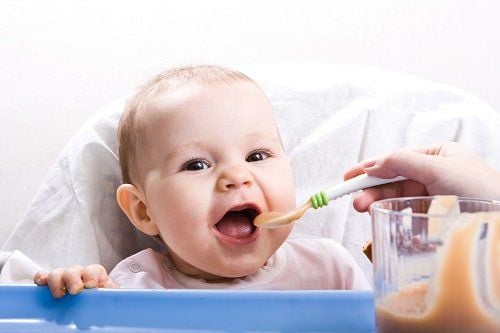
Kẽm đóng vai trò quan trọng trong sự phát triển toàn diện của trẻ
2. Guidelines for zinc supplementation for children
As mentioned above, zinc plays an important role in the development of children. The daily requirement of zinc for children is not the same from time to time.Children from 7 months to 3 years old: 5mg elemental zinc/day Children from 4-13 years old: 10mg elemental zinc/day Adults: 15mg elemental zinc/day Pregnant women: 15-25mg elemental zinc/day .
3. Signs that a child has a zinc deficiency
Clinical signs: When children lack zinc, they will have reflected symptoms such as anorexia, unexplained vomiting, sleep disorders such as tossing and turning, difficulty sleeping, waking up, sleeping less..; children with delayed physical development, reduced memory, increased risk of infectious diseases such as diarrhea, respiratory infections...; children experience skin and mucosal lesions, slow wound healing, burns, ulcers, glossitis, hair loss, hair loss...The above clinical signs, suggest testing the content. zinc in the blood. When performing serum zinc tests, this test index will be shown by doctors whether the child is in a zinc deficiency state or not.
4. How to supplement zinc?
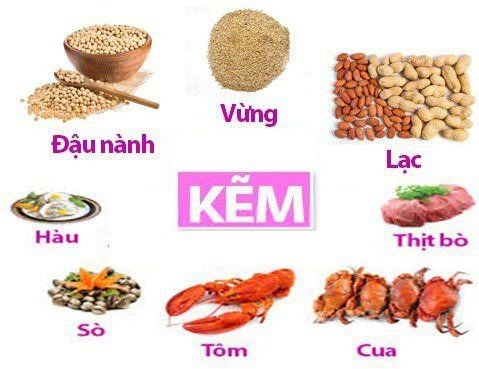
Bổ sung các thực phẩm chứa kẽm, thực phẩm tăng hấp thu kẽm
Encourage a varied diet of foods in children's meals, using foods rich in poor , change in eating habits in favor of zinc absorption By increasing foods rich in vitamin C such as green vegetables and fruits, processing such as sprouting bean sprouts, fermenting pickles increases vitamin C content, reduces phytic acid in foods, thereby increasing iron absorption. /zinc from the diet. Use zinc-rich foods such as animal foods such as crab, beef, shrimp, meat, fish... Use zinc-fortified foods in the community such as zinc-fortified seasoning, zinc-fortified biscuits , zinc-fortified flour, zinc-fortified shrimp noodles, nutritional powder, milk, zinc-fortified nuggets...) in children's daily meals. Breastfeeding. Supplementing with zinc-containing drugs (zinc gluconate or zinc sulfate); drink 30 minutes after eating; the supplement time is 2-3 months as prescribed by the doctor. Cure diseases that cause zinc deficiency in children before supplementation such as digestive disorders. When supplementing with zinc, it is recommended to add vitamins A, B6, C and phosphorus because they increase the absorption of zinc It is recommended to use both iron and zinc, use zinc first, iron later because iron interferes with zinc absorption Avoid excess supplementation causing reduced immunity Immunize your baby on time to prevent infections bacteria such as measles, diphtheria, whooping cough, tetanus, tuberculosis, polio, hepatitis B, Japanese encephalitis B Periodic deworming for children aged 2 years and older, every 6 months. Zinc deficiency can cause dangerous complications for children's health and mental health, so parents need to observe and timely supplement this important source of vitamin.
In addition to dietary supplements, parents can give their children supportive foods containing zinc and essential micro-minerals such as Lysine, chromium, selenium, vitamin B1... to help fully meet their needs. nutritional requirements in children. At the same time, these essential vitamins also support digestion, enhance nutrient absorption, help improve anorexia, and help children eat well.
>> Parents can learn more: What disease does zinc deficiency cause? When to take a zinc supplement? , The article was professionally consulted with Master, Doctor Vu Quoc Anh - Pediatrician - Department of Pediatrics - Neonatology - Vinmec Danang International General Hospital.
Please regularly visit Vinmec.com website and update useful information to take care of your baby and family.






